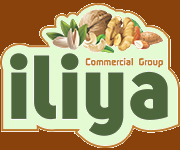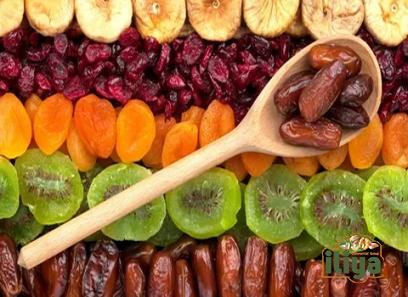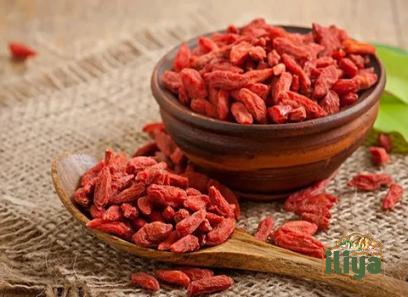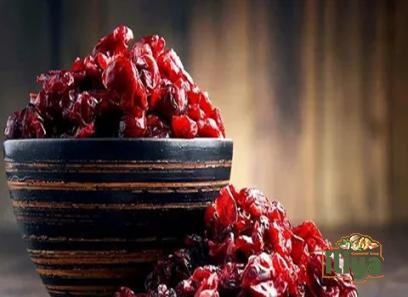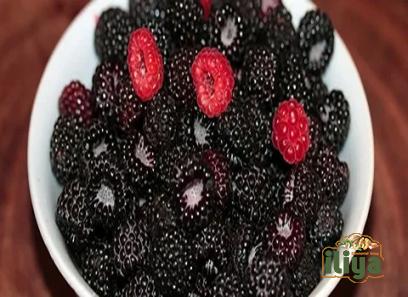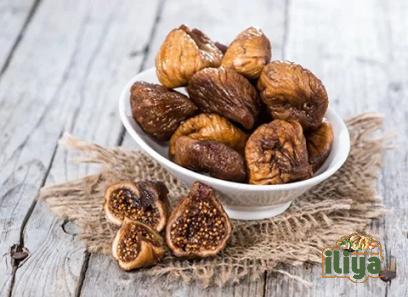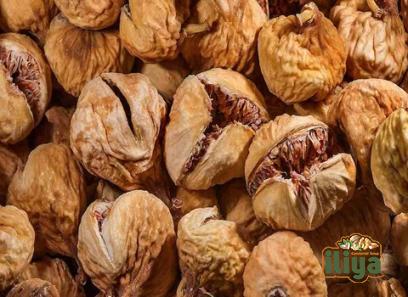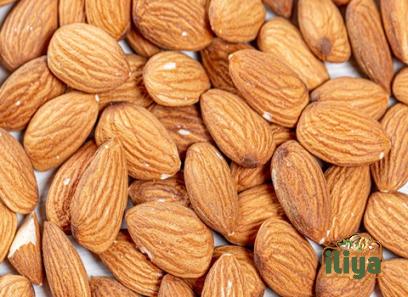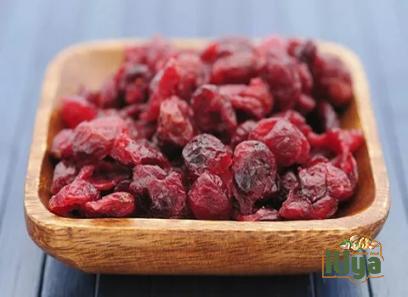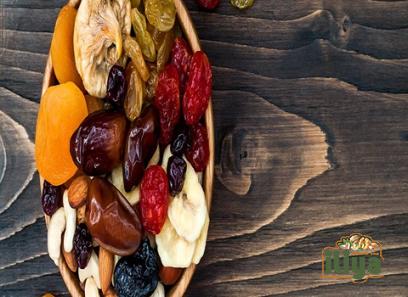Cashew nuts, known for their nutritional benefits and distinctive taste, have witnessed a surge in popularity globally, including in Europe. With a growing awareness of the health benefits associated with their consumption, cashew nut buyers in Europe are actively searching for reliable suppliers to meet the increasing demand. This article provides a comprehensive summary of cashew nut buyers in Europe, including their preferences, sourcing strategies, and emerging trends.
Market Overview:
Europe represents a substantial market for cashew nuts, with countries like Germany, the United Kingdom, France, and the Netherlands leading the demand. The market is driven by factors such as rising health consciousness, the growing popularity of plant-based diets, and the versatility of cashew nuts in various culinary applications.
Preferences and Sourcing Strategies:
1. Quality: Cashew nut buyers in Europe prioritize high-quality products that meet stringent food safety and hygiene standards. Certified organic and Fairtrade cashew nuts are particularly sought after, as European consumers place increasing emphasis on ethical and sustainable sourcing.
2. Supplier Reliability: Buyers favor suppliers with a strong track record of consistent product quality, timely delivery, and excellent customer service. European buyers typically establish long-term relationships with reliable suppliers, forming partnerships based on trust and efficiency.
3. Price Competitiveness: Although quality is vital, buyers remain price-sensitive. They seek suppliers who balance quality with competitive pricing, ensuring a reasonable profit margin without compromising on standards.
4. Traceability: European consumers value transparency and are keen to trace the origins of the cashew nuts they purchase. Buyers therefore prefer suppliers who can provide comprehensive supply chain information, including the source country, farming practices, and processing methods.
5. Product Range: Cashew nut buyers in Europe are increasingly interested in a diverse range of products, such as roasted and flavored cashews, cashew butter, and cashew milk. Suppliers who can offer an extensive portfolio of cashew-based products have a competitive edge in the European market.
6. Packaging and Branding: Eye-catching and eco-friendly packaging is an important consideration for European buyers, as it contributes to the overall appeal of the product. Brands that invest in sustainable and innovative packaging solutions, while effectively communicating their brand values, can differentiate themselves in this competitive market.
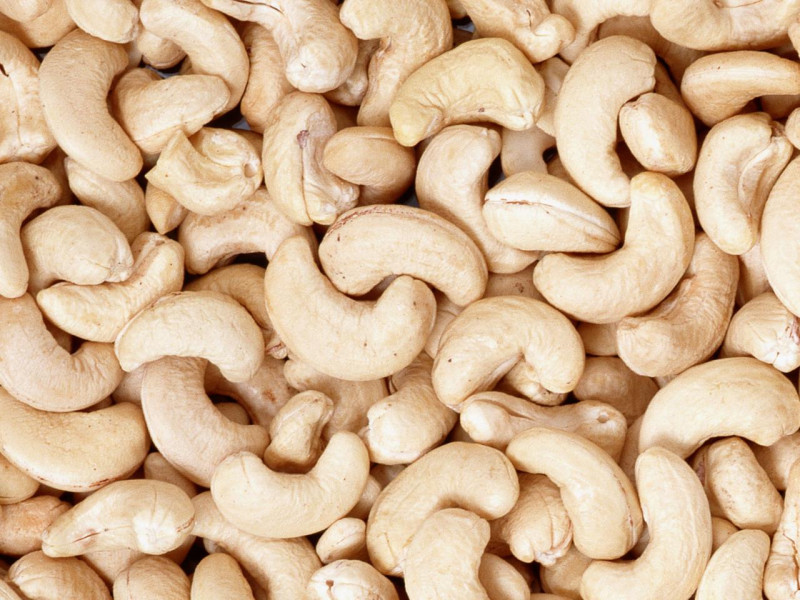
Emerging Trends:
1. Organic Cashews: The demand for organic cashews continues to grow in Europe, as consumers prioritize pesticide-free, environmentally-friendly products. Buyers are actively seeking suppliers who offer certified organic cashews to cater to this expanding market segment.
2. Fairtrade and Ethical Sourcing: European consumers are increasingly conscious of the socioeconomic impact of the products they purchase. Cashew nut buyers in Europe show a preference for Fairtrade certified cashews, ensuring fair working conditions, fair wages, and sustainable farming practices at the source.
3. Health and Wellness: The European market is witnessing a rise in health-conscious consumers who view cashew nuts as a nutritious snack option. Cashews are often perceived as a healthier alternative to other snack foods, driving demand for natural, preservative-free, and minimally processed cashews.
4. Plant-Based Alternatives: The growing popularity of plant-based diets, whether for health, ethical, or environmental reasons, has created a significant demand for cashew-based alternatives. Cashew milk, cashew cheese, and cashew-based condiments are sought-after products among European buyers.
5. Innovation in Cashew Products: European buyers appreciate innovation in the cashew product range. Suppliers who offer unique flavored or spiced cashews, as well as value-added products like cashew flour or cashew energy bars, cater to the evolving tastes of European consumers and distinguish themselves in the market.
Conclusion:
Cashew nut buyers in Europe are constantly seeking suppliers who can meet their expectations for high-quality, reliable, and sustainable cashew nut products. As demand for cashew nuts continues to rise in Europe, suppliers must adapt to the evolving preferences of European buyers, such as offering organic and Fairtrade certified products, diversifying their product range, and adopting eco-friendly packaging. By understanding the market insights and trends discussed in this summary, businesses can successfully cater to the demands of cashew nut buyers and tap into the lucrative European market.Cashew Nut Buyers in Europe: Market Insights and Trends
I. Market Overview:
Cashew nuts have gained immense popularity in recent years, becoming a staple snack and ingredient in European households. The European market for cashew nuts is driven by several key factors, including the rising trend of healthy eating, increased awareness of the nutritional benefits of cashews, and the growing demand for plant-based alternatives.
Among European countries, Germany stands out as the largest consumer of cashew nuts, followed by the United Kingdom, France, and the Netherlands. These countries boast a sizable population of health-conscious individuals who value high-quality products and are willing to pay a premium for them.
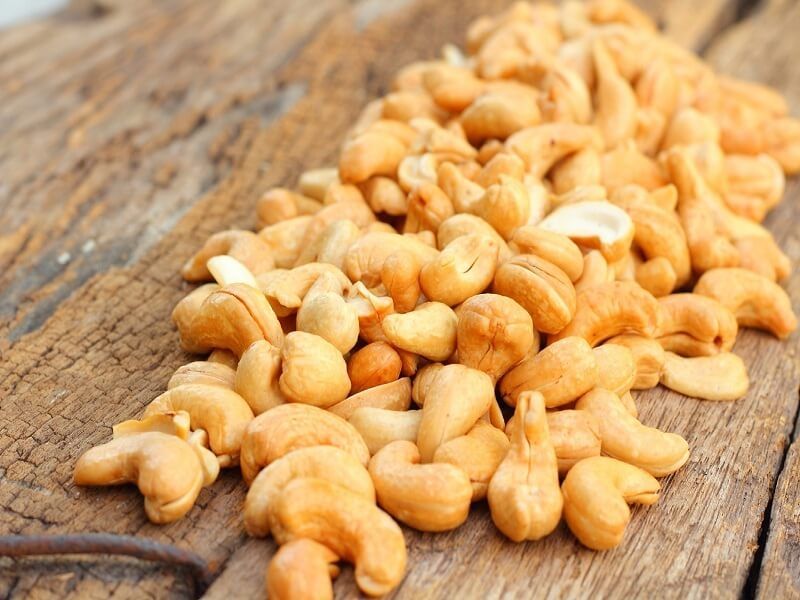
II. Preferences and Sourcing Strategies:
1. Quality Assurance:
Cashew nut buyers in Europe have stringent quality requirements for the nuts they purchase. They prioritize products that are free from contaminants, adhere to the highest food safety standards, and have an optimal moisture content. Buyers often seek suppliers who have certifications, such as ISO, HACCP, or GMP, to ensure the highest quality and safety standards are met.
2. Ethical and Sustainable Sourcing:
Ethical sourcing has become a significant concern for European consumers, and this translates into their cashew nut buying preferences. Buyers look for suppliers who engage in fair trade practices, ensuring fair wages and safe working conditions for farmers. Suppliers who can provide evidence of sustainable farming practices, such as water conservation and biodiversity preservation, have a distinct advantage in the European market.
3. Direct Trade and Relationships:
Cashew nut buyers in Europe often establish direct trade relationships with suppliers, particularly those located in the primary cashew-growing regions like Vietnam, India, and Brazil. By bypassing intermediaries and working directly with suppliers, buyers can ensure better quality control, traceability, and faster delivery times.
4. Competitive Pricing:
While quality remains a top priority, European buyers are price-sensitive. They search for competitive pricing without compromising on the quality of cashew nuts. Suppliers who can offer a balance between quality and affordability, through economies of scale or efficient sourcing, gain a competitive edge in the European market.
5. Transparency and Traceability:
European consumers value transparency throughout the supply chain. Cashew nut buyers prioritize suppliers who can provide comprehensive information about the origin of the nuts, including the specific region or country of cultivation, processing methods, and supply chain transparency. This information reassures buyers that the products they are purchasing are sustainably and ethically sourced.
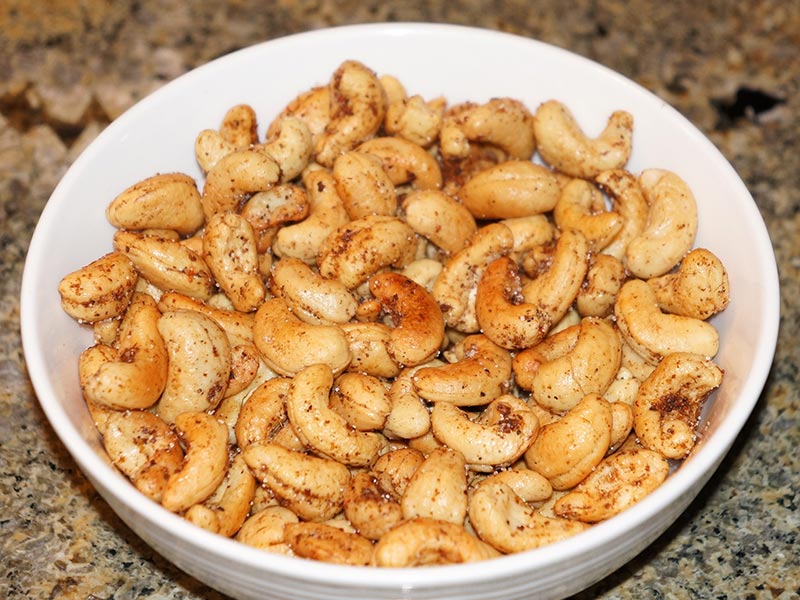
III. Emerging Trends:
1. Organic Cashews:
The demand for organic cashews is on the rise in Europe as consumers become more health-conscious and environmentally aware. Buyers are actively seeking suppliers who offer certified organic cashews to cater to this expanding market segment. These organic cashews are free from chemical fertilizers, pesticides, and genetically modified organisms, aligning with the preferences of European consumers.
2. Fairtrade and Ethical Sourcing:
European consumers increasingly prioritize purchasing Fairtrade-certified products, including cashew nuts. Cashew nut buyers actively seek suppliers who demonstrate fair trade practices, ensuring fair wages and safe working conditions for farmers. Suppliers who can provide certifications and evidence of ethical sourcing practices have a distinct advantage in the European market.
3. Health and Wellness:
Cashew nuts are widely regarded as a healthful snack due to their numerous nutritional benefits. European consumers are embracing healthier diet choices, leading to an increased demand for natural, organic, and minimally processed cashew nuts. As a result, buyers in Europe are actively seeking suppliers who offer these healthier alternatives.
4. Plant-Based Alternatives:
With the growing popularity of plant-based diets, cashew nuts have become a sought-after ingredient in dairy alternatives, such as cashew milk, cashew cream, and cashew-based cheese. European buyers are actively seeking suppliers who offer these plant-based alternatives, highlighting the importance of diversifying product offerings to meet changing consumer preferences.
5. Innovation in Cashew Products:
European buyers appreciate innovation in the cashew product range. Suppliers that can offer unique flavored or spiced cashews, as well as value-added products like cashew flour or cashew energy bars, cater to the evolving tastes of European consumers. Innovation not only sets suppliers apart from their competitors but also provides opportunities for increased market share and customer loyalty.
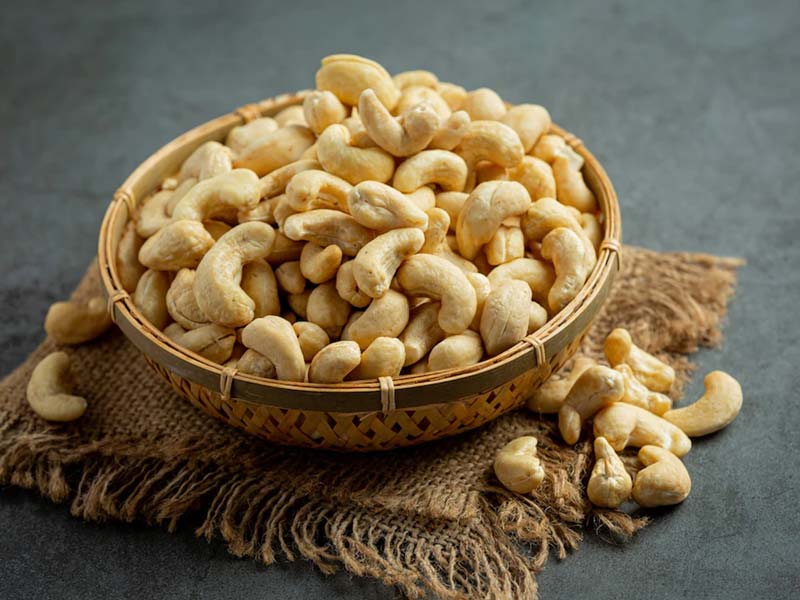
IV. Conclusion:
The European market for cashew nuts presents a lucrative opportunity for suppliers who can meet the preferences and demands of buyers. High-quality products, ethical and sustainable sourcing, competitive pricing, and transparency throughout the supply chain are essential factors for success in this market. By staying ahead of emerging trends such as organic and Fairtrade certifications, health and wellness preferences, and plant-based alternatives, suppliers can position themselves as leaders in the European cashew nut market. Adapting to the changing needs and preferences of European buyers will ensure sustained growth and profitability in this dynamic industry.
